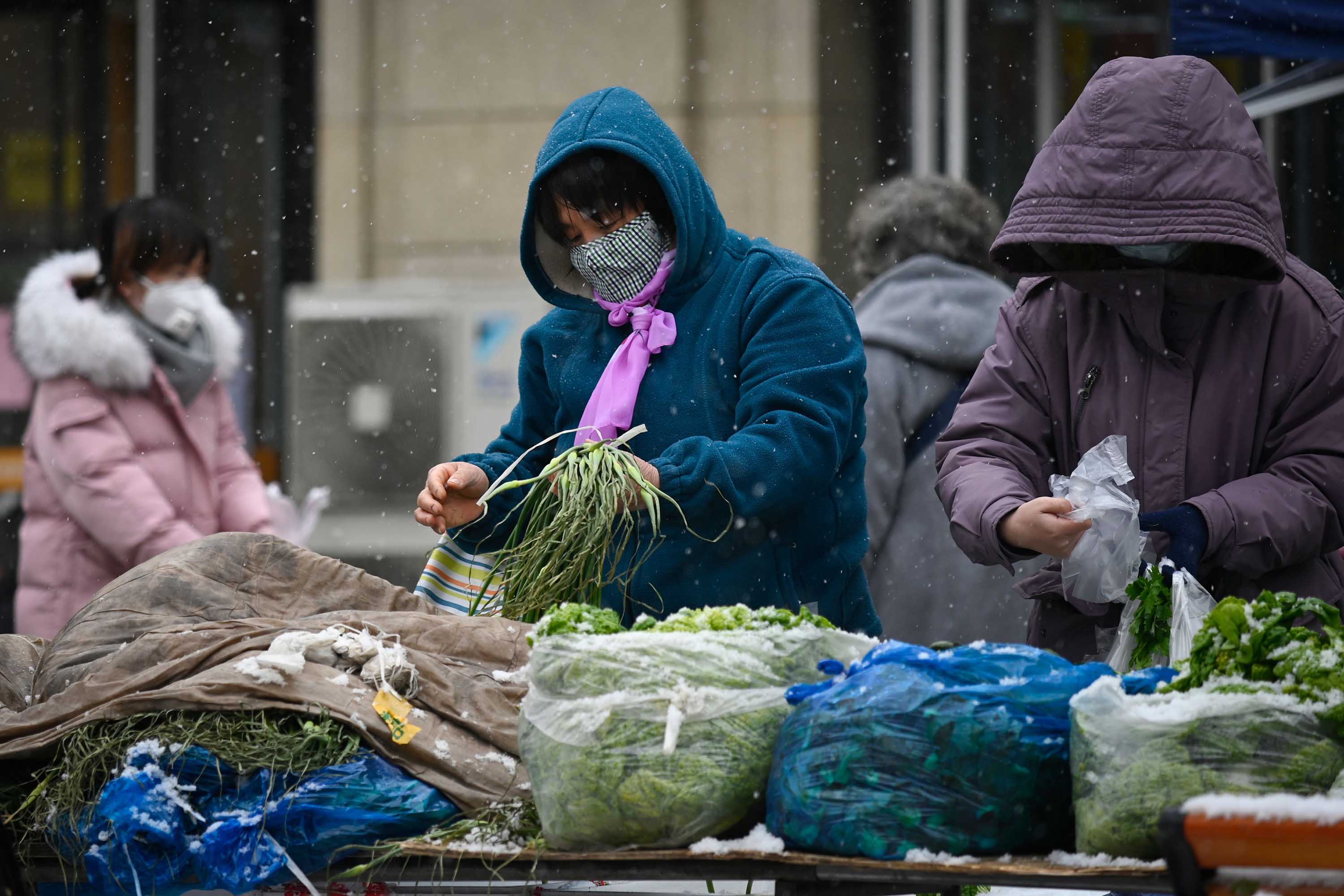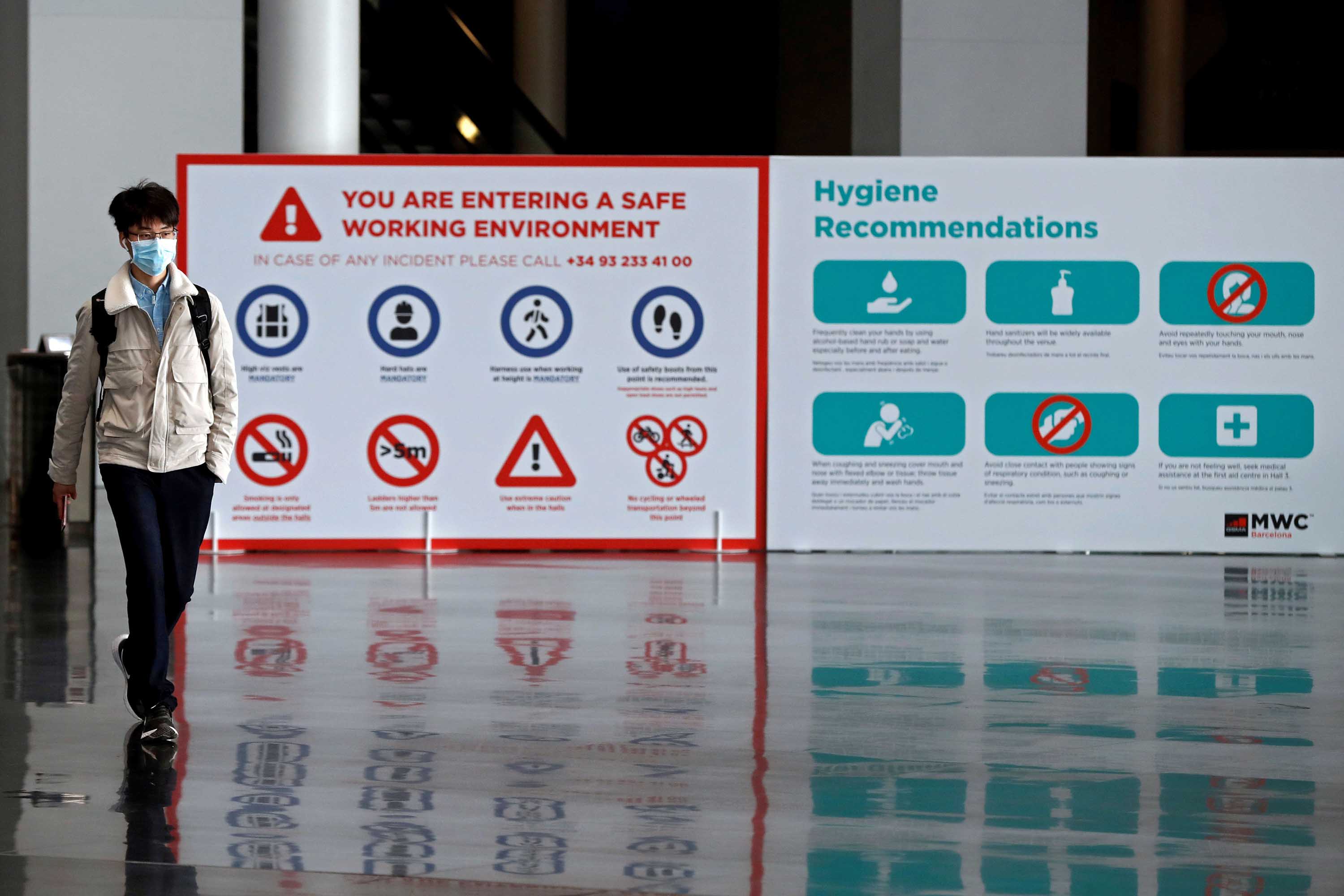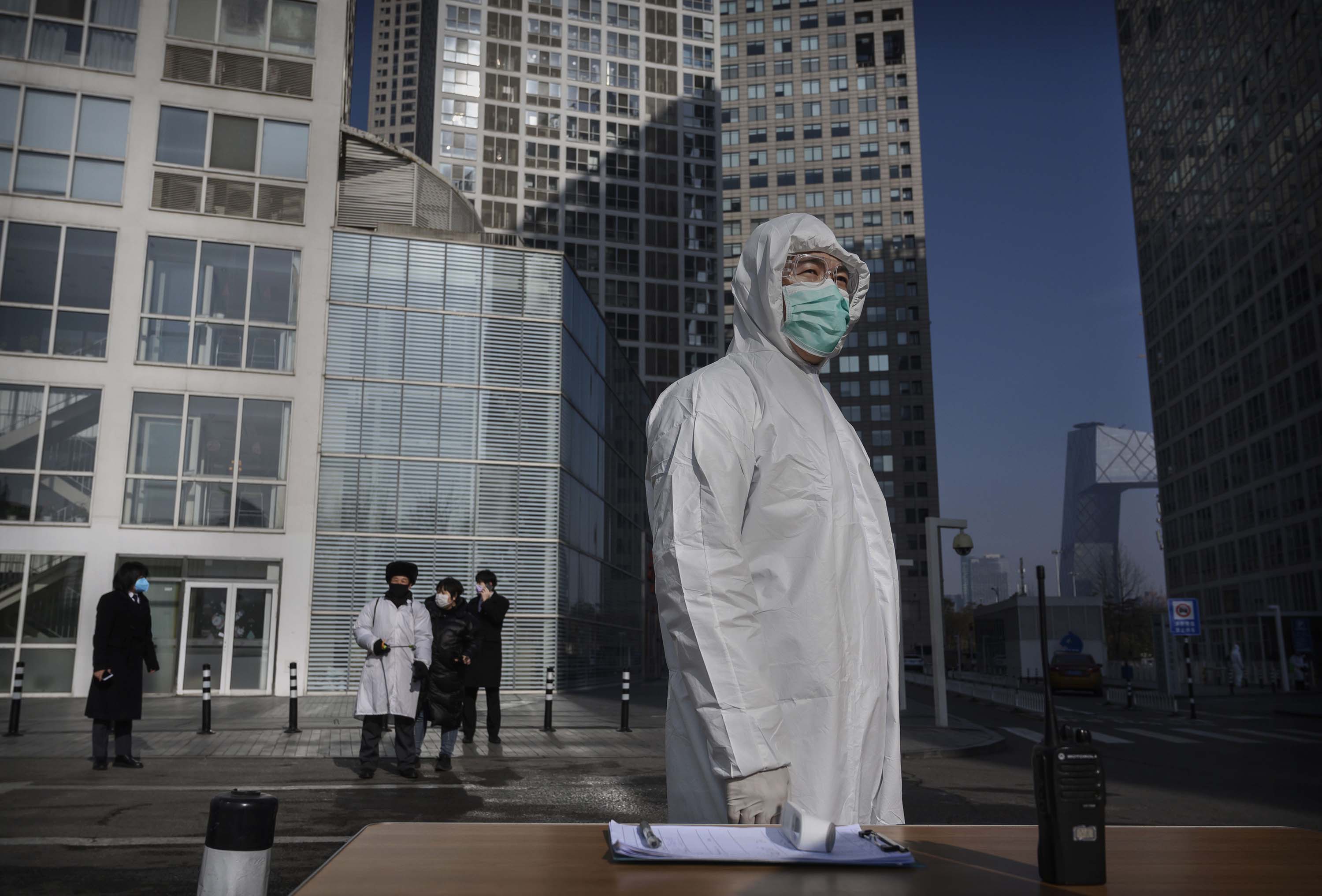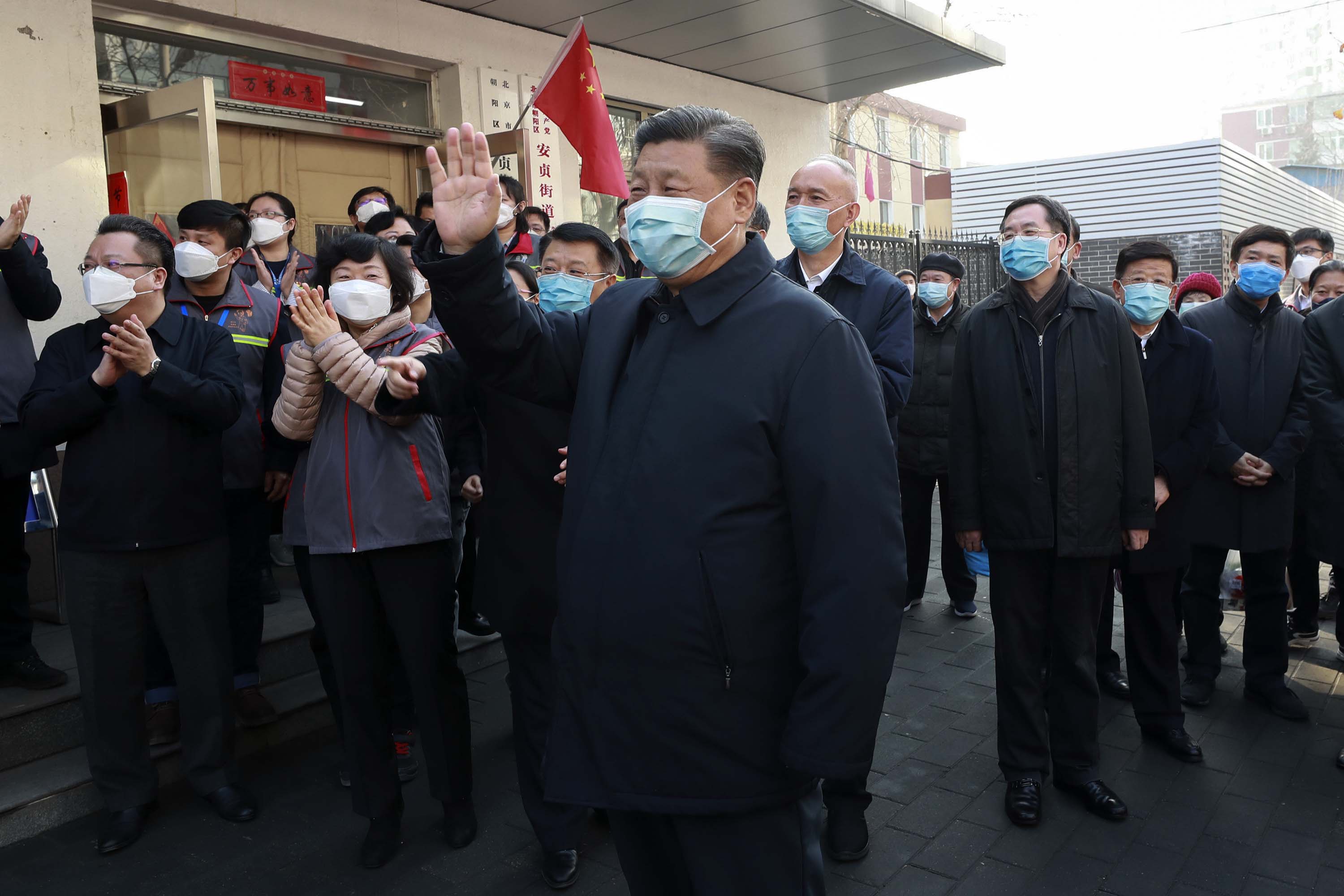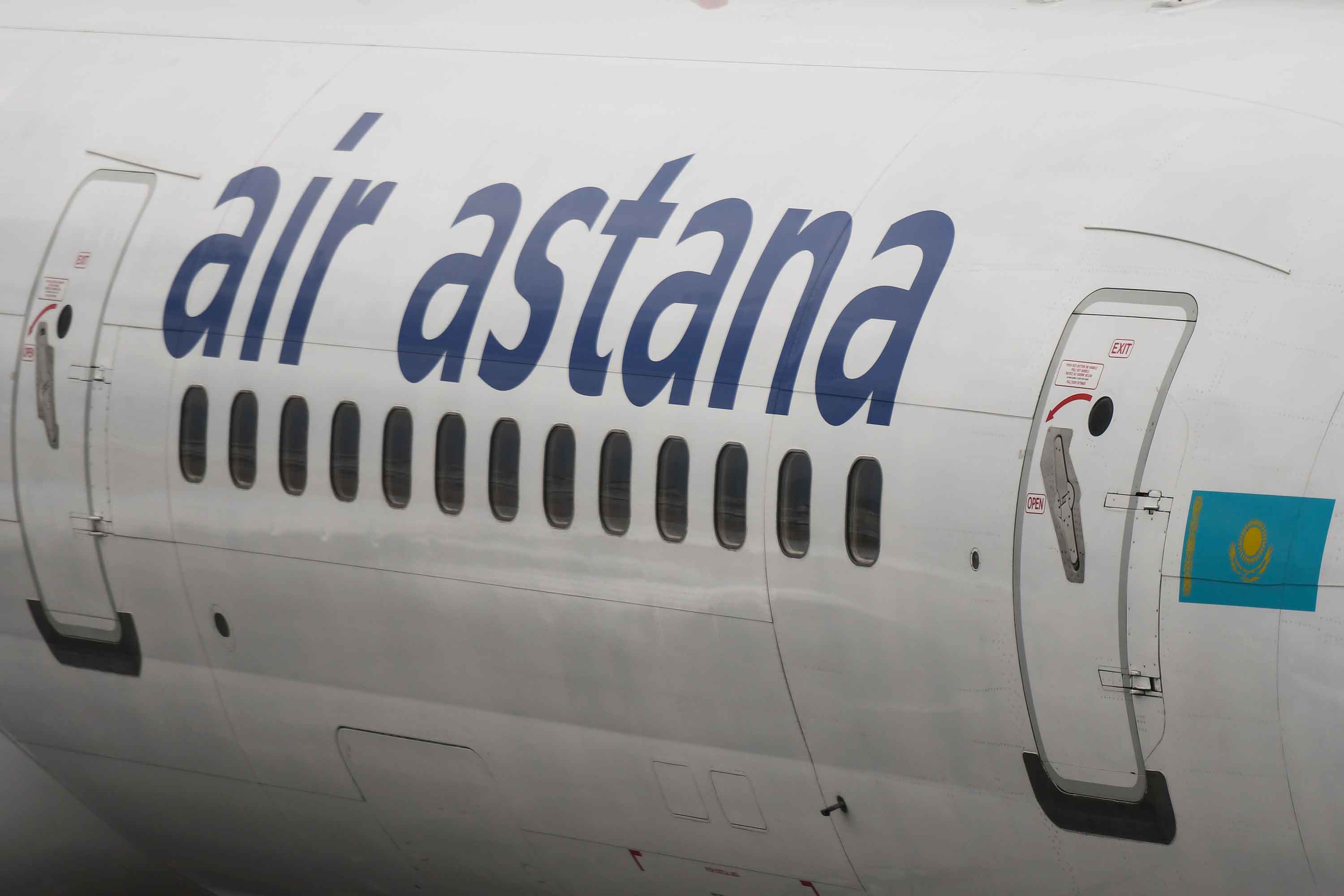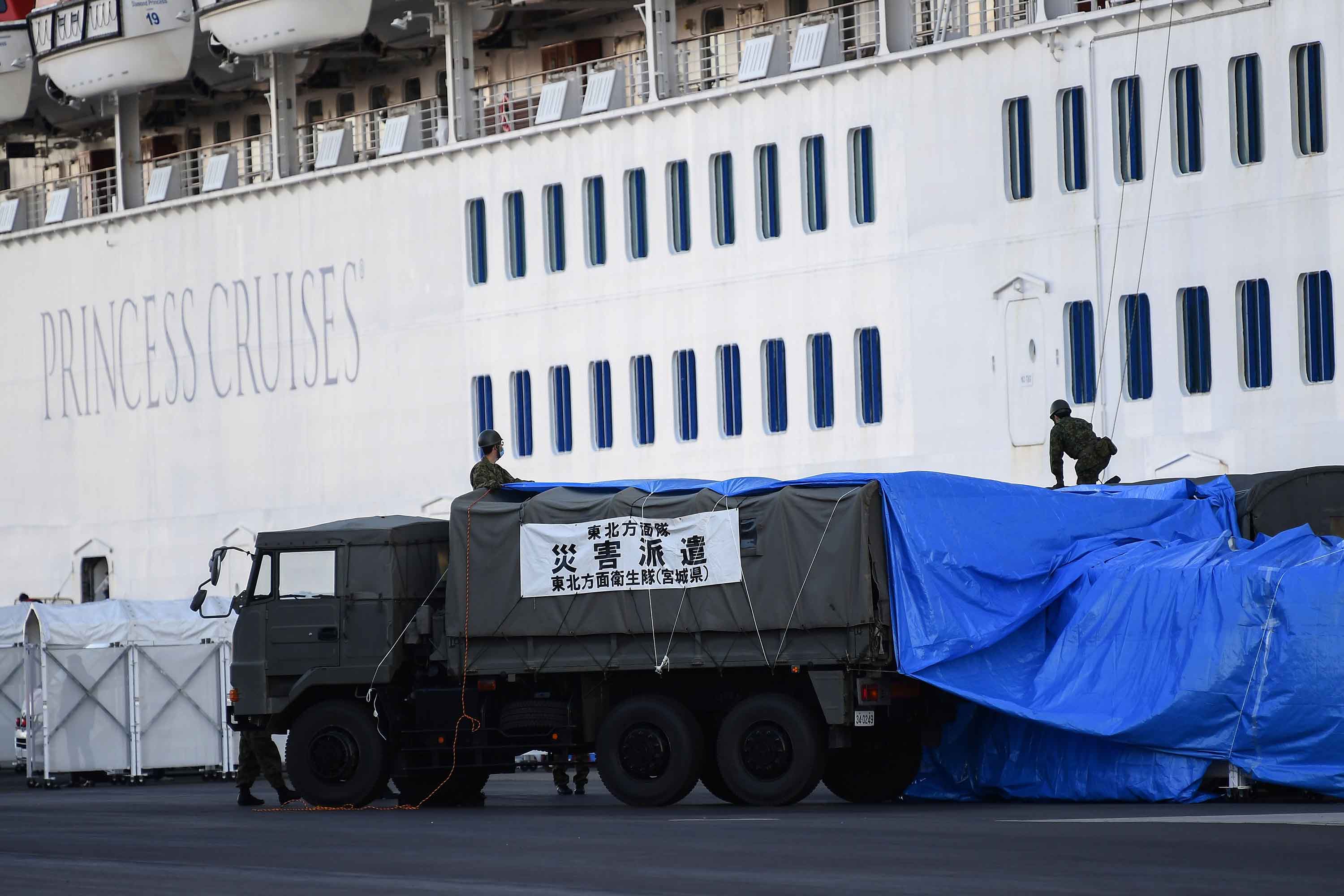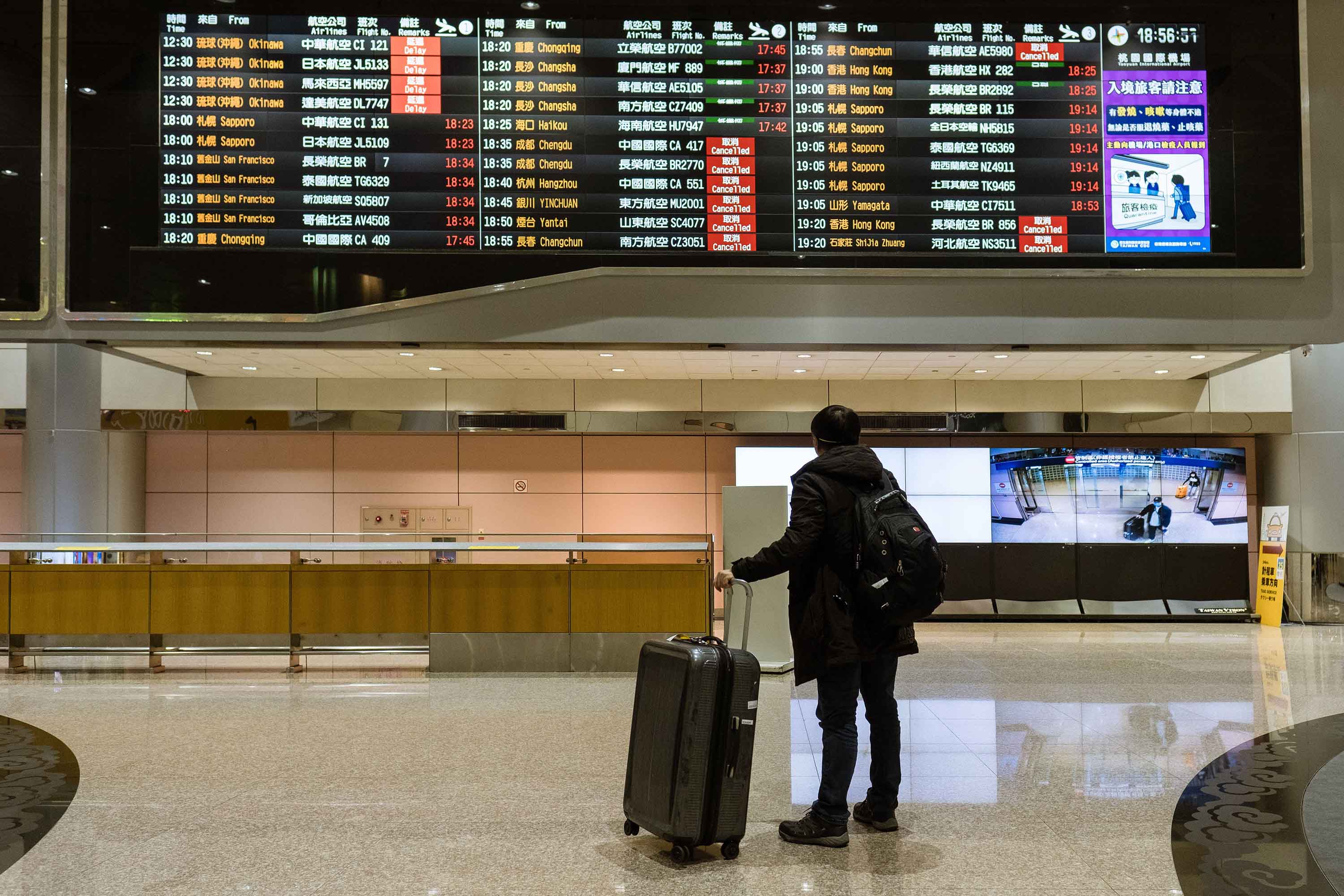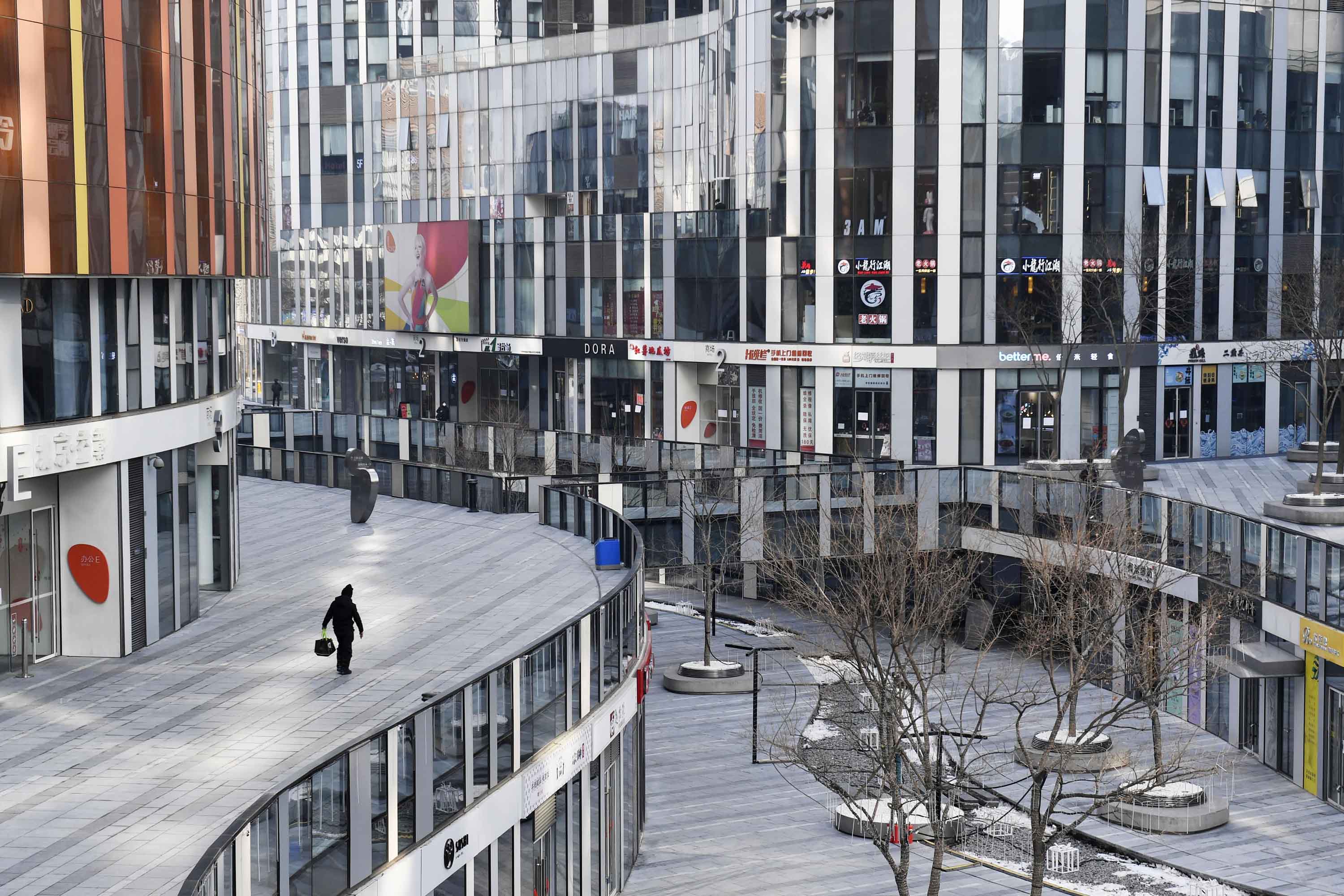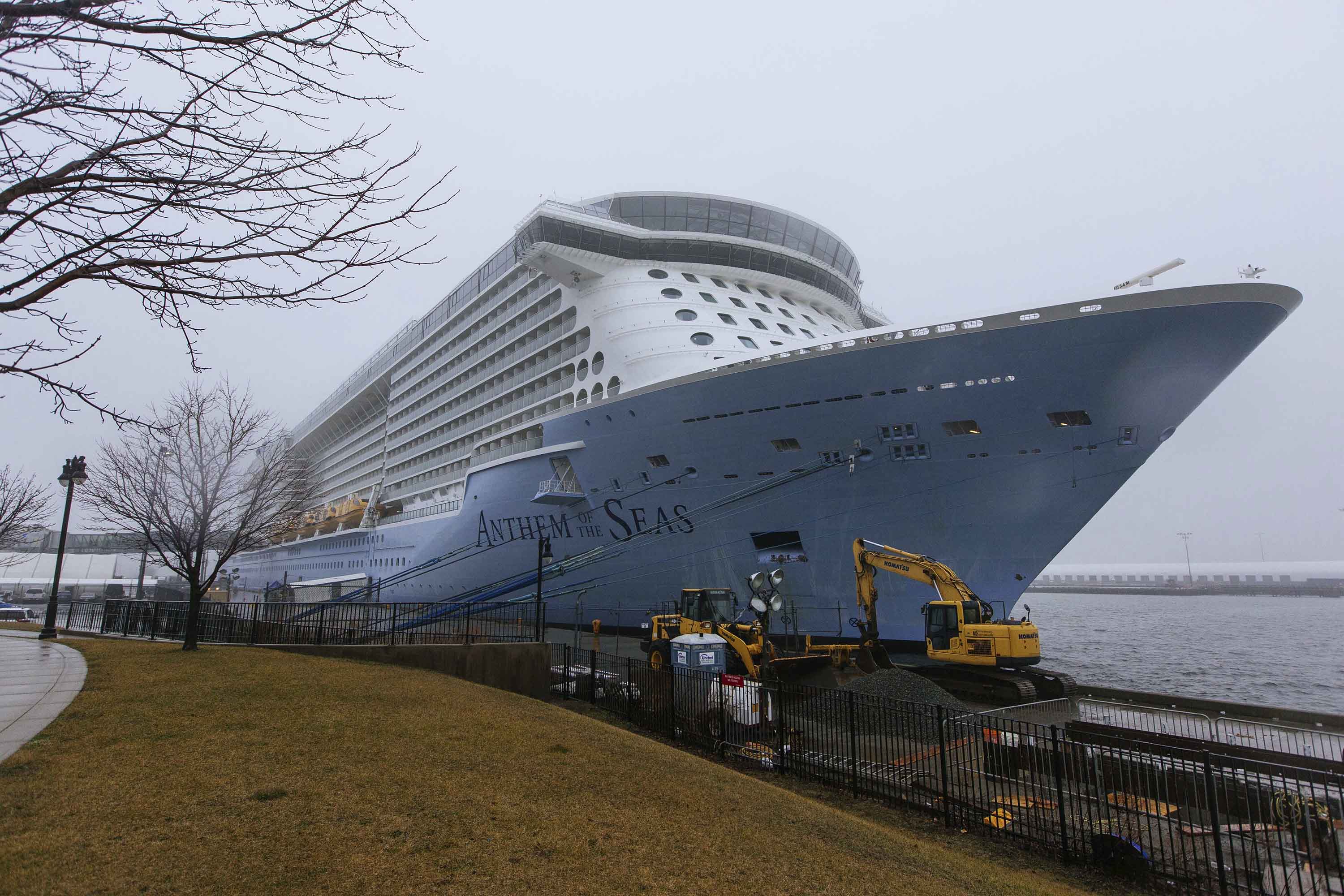
The Anthem of the Seas — the Royal Caribbean cruise ship that was delayed last week after passengers aboard the ship became ill — will take off today at 3 p.m. ET, according to Royal Caribbean.
The ship will finally set sail after a coronavirus scare kept the ship docked this weekend.
Royal Caribbean updated their itinerary on Monday to include Bermuda as the only port of call on the trip.
"With a Monday afternoon departure, we wouldn't arrive into Nassau until around 3 p.m. ET and would need to depart later that evening to make our way back to Cape Liberty, not a great experience. Given that our goal is to provide you with the best vacation possible, we made the decision to sail to Bermuda, where you'll have more than a day and a half in port to explore," Royal Caribbean said in an update.
The Government of Bermuda says arriving passengers will "apply our own protocols currently in place at all of Bermuda’s points of entry."
"Arriving travelers will undergo a travel risk assessment by a Health Officer and could have their health monitored and movement on island restricted for up to 14 days," the Government of Bermuda says.
